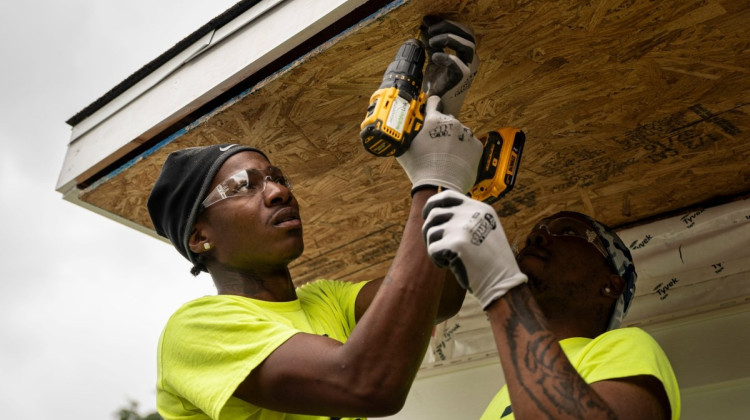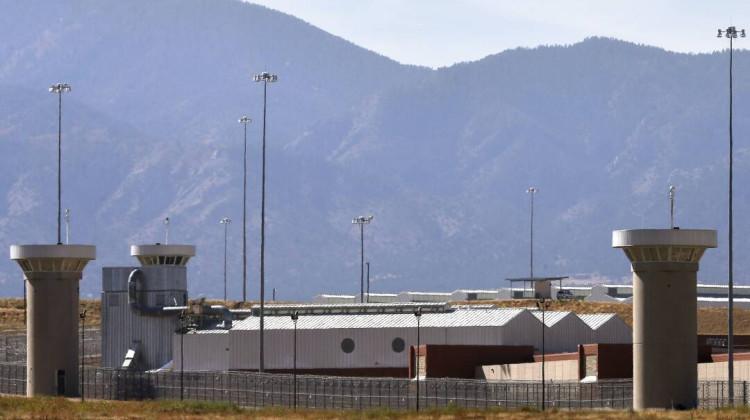People who experience extreme weather events, such as droughts, hurricanes or tornadoes, aren’t highly more likely to support climate change change adaptation policies, according to a new study involving an Indiana University researcher.
While climate change does not cause extreme weather events, it can make them more intense, or happen more frequently.
While some people who experience extreme weather events are more likely to support climate adaptation policies, IU public and environmental affairs professor David Konisky’s study finds other factors go much further in explaining support.
“The most important drivers of people’s attitudes toward climate change are their political leanings,” Konisky says, such as their party affiliation.
And that’s an important point, he says, because it can affect how policies to reduce the risks associated with climate change are developed.
“It may not be enough for there to be extreme weather events,” he says. “That may not be an important enough vehicle to get the public sufficiently mobilized around this issue.”
The findings may not apply to large storms, such as Hurricanes Harvey and Irma, that do receive national attention — the study only examined extreme weather events that did not receive national coverage.
But Konisky does note Congress didn’t take any strong action on climate after Hurricane Sandy.
He also says that a large increase in public support for climate policies is unlikely until Americans see more bipartisan climate solutions presented in Congress—something he admits may not happen any time soon.
The study, authored by Konisky, Aaron Ray of American University, Llewelyn Hughes of Australian National University and Charles Kaylor of Temple University, is published in this month’s issue of Global Environmental Change.
 DONATE
DONATE









 Support WFYI. We can't do it without you.
Support WFYI. We can't do it without you.